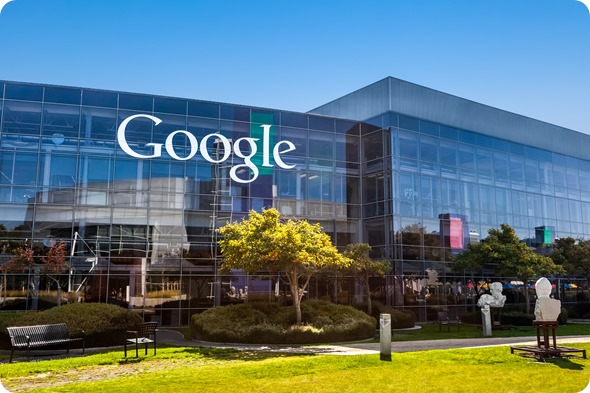Google is providing UNICEF with a $1 million grant to support the charity’s efforts to combat the Zika virus.

© turtix / Shutterstock.com
Google volunteers are also working with UNICEF to create a data processing platform that will map information about Zika in order to visualize potential outbreaks.
Estimates suggest that 80% of people who have Zika do not display any symptoms and the Aedes mosquito, which transmits the virus, is both widespread and difficult to eliminate. Raising people’s awareness about how to protect themselves from infection is therefore key to combating Zika, as is supporting organizations dedicated to developing diagnostics and vaccines.
As a company that is experienced in data analysis and driven to help people find information, Google is in a good position to help, both quickly and on a large scale. Since November, Google has seen a 3,000 percent increase in the amount of global search interest in Zika. The company has now added extensive information about the virus, in 16 languages, that includes descriptions of symptoms and Public Health Alerts to keep people updated.
To help UNICEF’s efforts on the ground, Google is providing a $1 million grant that will be used to raise widespread awareness, reduce mosquito populations, aid diagnostics and vaccine research and support governments with the development of transmission prevention strategies. UNICEF aims to reach 200 million people in Brazil and across Latin America who are affected by or vulnerable to Zika.
Compared with many other pandemics, Zika has been particularly difficult to identify, map and contain. Google have therefore also committed to establishing better ways to visualize the threat so that at-risk communities can receive the support they need. Google engineers, designers and data analysts are now working with UNICEF to create an open source platform that will process data from sources such as weather and travel patterns. The ultimate goal is to identify the risk of Zika transmission in different regions and help UNICEF, governments and NGOs pinpoint how and where time and resources should be focused.
Google has also launched a matching campaign for Google employees that is hoped to generate a further $500,000 for UNICEF and the Pan American Health Organization, to aid their work on the ground.